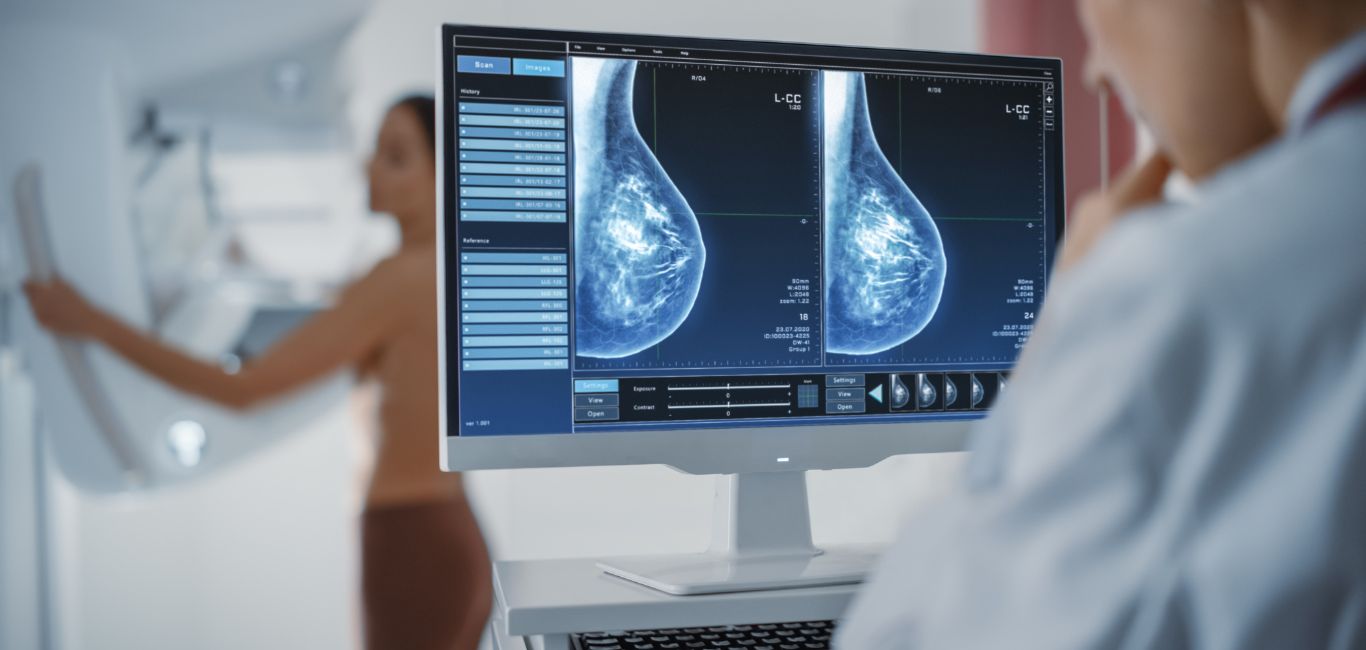
Researchers at the University of Virginia have found evidence that imbalances in the gut’s microbial community (dysbiosis) can lead to an enhanced growth of breast cancer and its spread to other parts of the body.
The study concurs with a growing pile of evidence that shows the possibility of crosstalk between the gut microbiome and immune response being a major reason for the spread of breast cancer among individuals with gut dysbiosis.
“We found that having a gut microbiota that is enriched with commensals associated with more inflammation and tissue damage, caused the breast tissue to become inflamed,” Melanie Rutkowski, associate professor at the University of Virginia and lead author of the study told Happiest Health.
Rutkowski added that the inflammation is not restricted to breast tissue alone but is seen throughout the body in low levels.
Also Read
IIT Roorkee team develops potential saliva test for breast cancer
Graphene gains ground in cancer therapy
How AI is promising to change prostate cancer diagnosis
The study revealed that the altered gut microbiota directs mast cells – a type of immune cell in the body – towards the cancer tissue, increasing its inflammation levels and helping spread it to other parts of the body.
The researchers also observed that an imbalanced gut microbiome increased collagen levels – a type of tissue-forming protein – in breast cancer tissue, which enhanced the spread of the cancer. They are now trying to further validate that an unhealthy gut produces altered metabolites that increase inflammation and spread of breast cancer.
Better breast cancer treatments
In mice models, the researchers showed that blocking the accumulation of mast cells near the cancer tissue helped in reducing tumour size and prevent its spread, pointing at a potential way to treat breast cancer and stop it from spreading to other parts of the body.
“Further targeting these metabolites could help in reducing the inflammation in breast tissue” says Rutkowski, adding that the identification of these metabolites could also help physicians test if individuals may be at higher risk of metastatic disease.
Her team is now trying to explore the reprogramming of mast cells by the gut microbiota and further studies in this area would help in the development of better therapies that target the metabolites produced by unhealthy gut microbial populations.
Rutkowski adds that larger clinical trials, including wider population groups, are to be done in the future to evaluate whether an individual’s microbiome is influencing outcomes of breast cancer.
Until this happens, experts suggest holistic approaches can be taken to improve gut health along with conventional treatments to prevent or slow the reprogramming of immune cells, thus preventing the spread of cancer. They suggest the following steps:
- Lifestyle changes that help in getting the gut microbiome back to a healthy state
- Consuming foods high in fibre and low in sugars
- Eating a balanced diet with vegetables and whole grains to reduce the inflammatory organisms in the gut
- Reducing stress, limiting intake of alcohol and smoking, and exercising regularly: these lifestyle changes have been proven to improve gut microbiota
Increasing incidence of breast cancer
Breast cancer incidence rates have gone up in recent decades with women being the most affected population group. It has been one of the leading causes of cancer mortality globally, affecting one in every eight women.
Until recently, it was believed that various genetic and environmental factors play a role in the spread and progression of breast cancer. Only now are researchers exploring the role of gut microbiota and hosts in the spread and progression of breast cancer.
Gut microbiome and cancer
The gut microbiota is known to play a major role in various physiological processes of the human body like digestion, metabolism, vitamin synthesis and immune responses against pathogenic microorganisms.
Many studies have now shown that alteration in these physiological processes could lead to the development of chronic health disorders from obesity, diabetes and inflammatory diseases, to spread of cancer based on the severity of gut dysbiosis.
Further, it has been found that altered gut microbiota interactions may play a role in the incidence of colorectal cancer. Researchers found that inflammatory bowel disease (IBD) was found to be the major risk factor for development of gastrointestinal cancers.
Studies have even shown that disease may be caused not by a single causative pathogen, but by a whole host of global changes in gut microbiota.

















